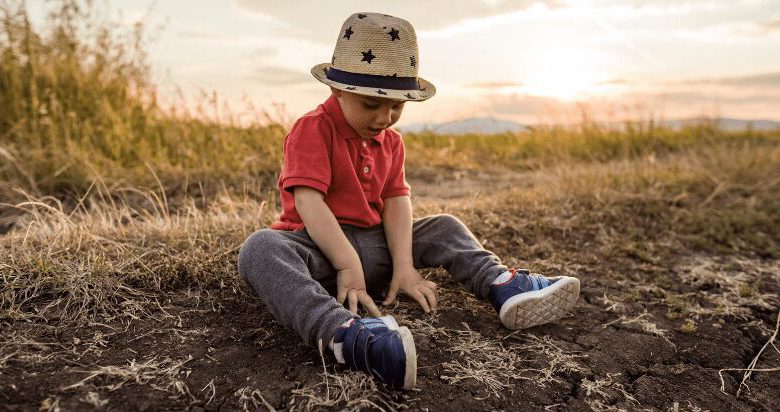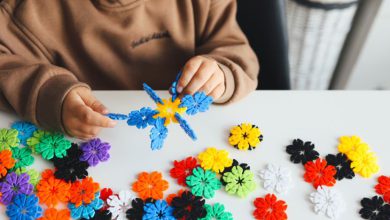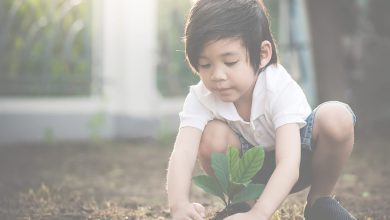Let Kids Play … in the Dirt!

Let Kids Play … in the Dirt!
So much time as a parent is spent just trying to keep your kids clean.
Keeping dirty hands off clean clothes …
Keeping clean hands from touching something obviously disgusting …
Keeping them presentable for just five minutes so they can get a NICE picture taken …
Cleanliness is such a constant drumbeat that parents can forget an important truth — kids need to get dirty.
Immunity & Gut Health
Especially during the pandemic, we’ve all found ourselves in steril, indoor environments. That’s led to a record-low number of people getting serious illnesses (including the flu), which is great! But remember, just because you’re at home doesn’t mean you need to be inside 100% of the time. In fact, getting your kids outside and in the dirt is a really effective way to boost their immune systems.
Brett Finlay and Marie-Claire Arrieta, authors of the book “Let Them Eat Dirt,” say, “By cleaning up our children’s environments, we prevent their immune systems from maturing in the way they have for millions of years before us: with lots and lots of microbes.”
The word “microbe” may give you the heeby-jeebies, but don’t worry. According to Drs. Jack Gilbert and Rob Knight, authors of “Dirt Is Good,” soil contains very few organisms that could make your child sick. (Obviously, if there is lots of animal poop around, this isn’t the case!) Dirt is a great way to expose children to a complex microbial community.
There seem to be plenty of benefits to that exposure, too. A 2016 study reported that children raised on farms are much less likely to develop asthma than children who are not. Another study found that kids who were exposed to farms or farm living had resistance to allergies and autoimmunity.
So Throw Them in a Mud Pit?
While your kid may not mind getting tossed in the mud, that’s not the only thing that will help them get the benefits of “playing in the dirt.” The important thing is to get them outside! Dr. Tirumalai Kamala suggests that doing any of the following will give kids the benefits of more natural living, especially if they live in a more urban environment.
- Frequent visits to farm environments, which include visits to petting zoos and keeping pets at home.
- Spending time outdoors in natural environments; the more pristine the better.
- Having a diet with lots of fruits and vegetables and that avoids processed food, sugar, and white flour. That will help sustain the type of diverse microbiota they need for overall good health.
Outside Is Good for the Soul
If you and your kids are feeling stressed, science has shown that one of the best things you can do to help is be outside.
Something amazing happens in our brains when we get out of the bustle of an urban environment and into natural spaces. In fact, a child’s stress level falls within minutes of seeing green spaces. Again, that’s just seeing the space.
If they actually run through, roll in, or dig around in that space, the benefits keep on coming. Whether they’re helping you with the gardening or making good old-fashioned mud pies, “dirt-centric” activities can drastically improve their internal well-being. A study by Bristol University found that the “friendly” bacteria Mycobacterium vaccae (which can be found in soil) activates a group of neurons that produce the brain chemical serotonin. That’s the same feel-good brain chemical that is released by exercising or taking antidepressants.
See, not all microbes are bad 🙂
So this summer, get your kids outside and cut yourself some slack by not worrying about how dirty their hands are. You’re doing them a favor!
For some playground safety tips that involve getting hands dirty, check out this great resource from the National Wildlife Federation.





